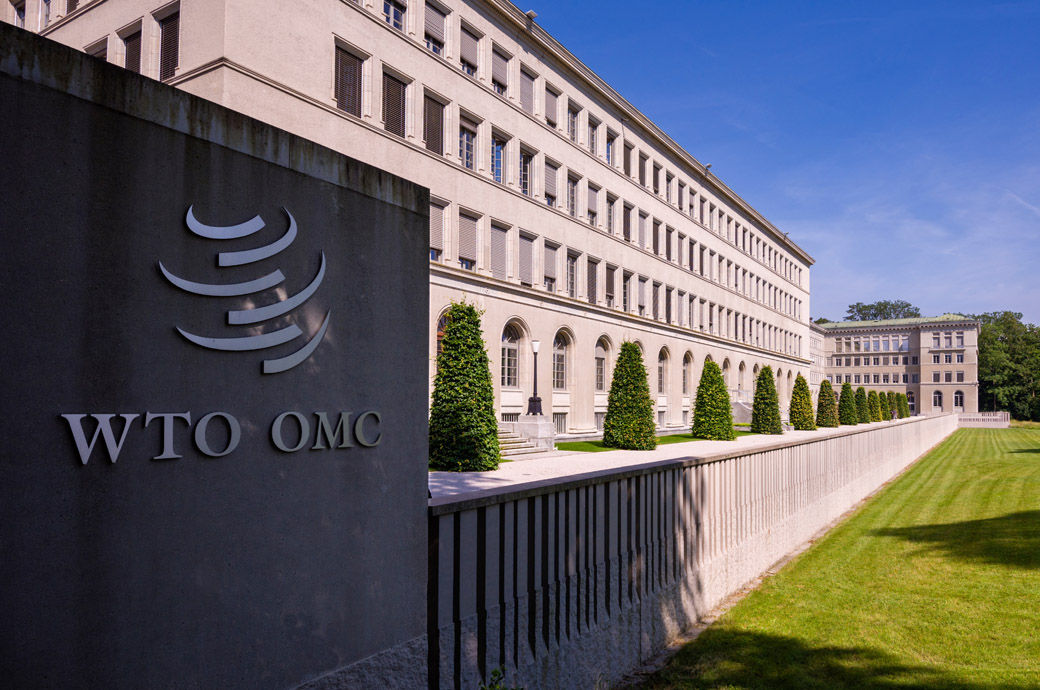
Between mid-May and mid-October this year, G20 economies introduced more trade-restrictive than trade-facilitating measures on goods, although the value of traded merchandise covered by facilitating measures continued to exceed that covered by restrictions, the report shows.
WTO director general Ngozi Okonjo-Iweala called on the G20 to show leadership and contribute to economic stability and growth by unwinding recent and longstanding restrictions on trade.
The report is set against a backdrop of continued slow growth in world trade.
The WTO's latest forecast issued on October 5 estimated a merchandise trade volume growth of 0.8 per cent this year—down from the previous estimate of 1.7 per cent, and 3.3 per cent in 2024—nearly unchanged from the earlier 3.2 per cent.
In the first half of 2023, the volume of world merchandise trade was down 0.5 per cent year on year (YoY), as high inflation and rising interest rates weighed on trade and output in advanced economies, and as property market strains prevented a stronger post-pandemic recovery in China, a WTO release said.
Though the trade coverage of import-facilitating measures still exceeded that of restrictive ones during the review period, this gap has narrowed considerably, the report indicates.
During the review period, trade-facilitating measures were estimated at $318.8 billion—down from $691.9 billion in the last report issued in July this year—and trade-restrictive ones at $246 billion—up from $88 billion earlier.
For the first time since 2015, the monthly average of 9.8 new trade restrictions introduced by G20 economies during the review period outpaced that of trade-facilitating measures (8.8).
In addition, the longstanding stockpile of G20 import restrictions in force showed no sign of any meaningful roll back of existing measures.
By mid-October this year, $2,287 billion worth of traded goods (representing 11.8 per cent of G20 imports) were affected by import restrictions implemented by G20 economies since 2009.
Export restrictions have become more prominent since 2020, with a series of measures introduced first in the context of COVID-19 and more recently of the war in Ukraine and the food security crisis.
Though some of these export restrictions have been rolled back, as of mid-October this year, 75 export restrictions on food, feed and fertilizers were still in place globally.
The implementation of new COVID-19 trade-related measures by G20 economies decelerated further over the past five months, with the number of new COVID-19-related support measures falling sharply.
As of mid-October, 82.9 per cent of G20 COVID-19 trade restrictions had been repealed, leaving 11 export restrictions in place. The trade coverage of the pandemic-related trade restrictions still in place was estimated at $15.1 billion, down from $16.2 billion.
The review period saw a significant increase in the introduction of new general economic support measures by G20 economies. These included environmental impact reduction programmes, renewable-energy production schemes, support for energy efficiency and decarbonization and for clean- and renewable-energy projects.
Other measures included various support programmes for the agricultural sector, tourism, aviation and transport.
The report also shows that the succession of crises and the uncertain economic environment continue to weigh on international investment and in particular on foreign direct investment (FDI).
This sustained weakness in FDI makes it more challenging to achieve the UN Sustainable Development Goals. This concern is amplified by the SDG investment gap in developing countries, the deficit in investment needed to help developing economies achieve the SDG targets.
This has alarmingly widened from $2.5 trillion to about $4 trillion per year, leading up to 2030, according to data by the Organisation for Economic Cooperation and Development.
Fibre2Fashion News Desk (DS)